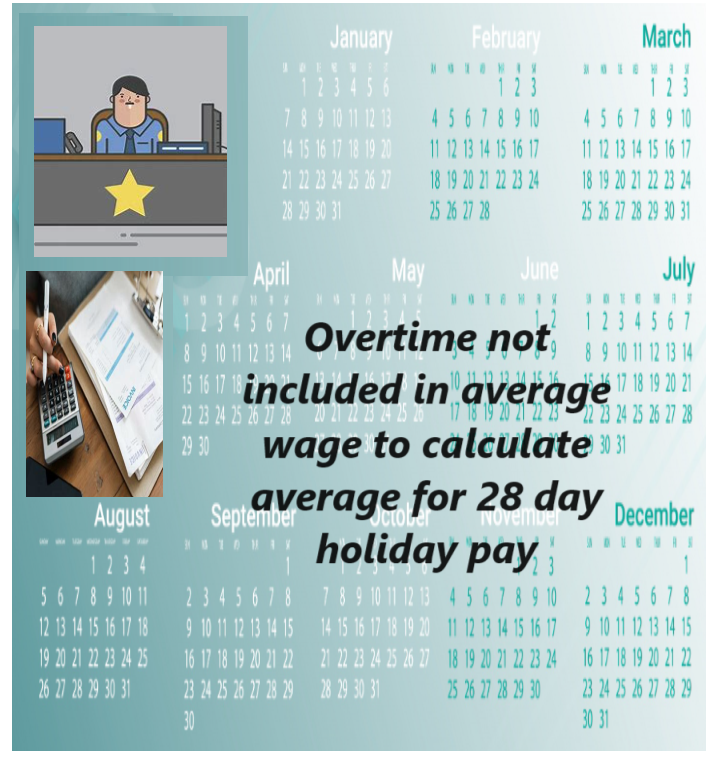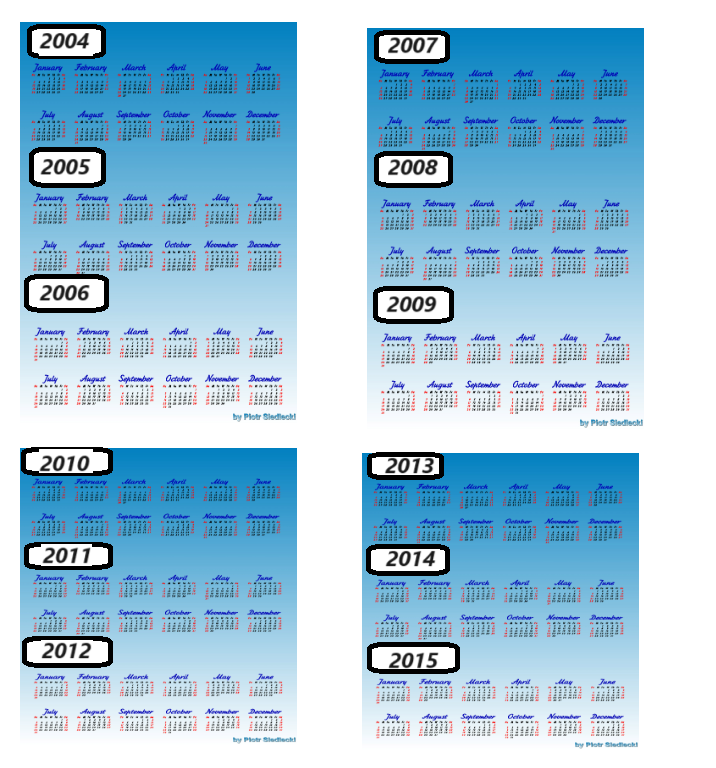Chief Constable of the Police Service of Northern Ireland & Anor v Agnew & Ors (Northern Ireland) [2023] UKSC 33 (04 October 2023)
Citation: Chief Constable of the Police Service of Northern Ireland & Anor v Agnew & Ors (Northern Ireland) [2023] UKSC 33 (04 October 2023)
Rule of thumb: Stare-decisis: If you are underpaid for holidays, when does time-bar run from? This is considered to be a ‘series’ of behaviour – time-bar therefore runs from the last point of the behaviour being done – when the behaviour is done again then the series continues.
Background facts: The basic facts of this case were straightforward. Since the Working Time Regulations had been introduced Police Officers had been getting underpaid for their holiday pay. Their holiday pay of 28 days was based on their base salary. Their holiday pay should have taken into account the amount of overtime they worked – in other words, whatever % their salary increased by due to overtime their holiday pay should have increased by the same %, but it didn’t.




Parties argued: This case invoked the principle of time-bar. The Police Officers that all the wrong behaviour in docking holiday pay was part of the same ‘series’ of behaviour with time-bar running from the point when the series ended. The Police argued that the damages for this were time-barred after 3 months - the Police argued that the time-bar for all ran from the date when the Police Service stopped docking their wages.
Court held: The Court upheld the arguments of the Police Officers. Where a breach is ongoing, this is called a ‘series’ of behaviour, with all the behaviour considered together as part of the same ‘series’, so the time-bar runs from the point the final piece of behaviour in the ‘series’ stops being done. Time-bar runs from the end of the series. The Police Officers were therefore entitled to all of the wages they had been docked going back many years because it was all part of the same ‘series’.

Ratio-decidendi:
‘1. The Respondents to this appeal work for the Police Service of Northern Ireland, most of them as police officers and some of them as civilian staff. They have brought claims before the Industrial Tribunal to recover sums which they should have been paid since November 1998 as part of their holiday pay when they took the annual leave to which they were entitled each year. They were not paid these sums because it was thought for many years that it was sufficient to pay the Respondents an amount equivalent to their basic pay for the weeks they were on holiday. It later became clear from case law both in England and in the Court of Justice of the European Union that, in so far as the annual leave that the Respondents took each year was leave which they had a right to take under the EU Working Time Directives, they should have been paid their “normal” pay when they were on holiday, not just their basic pay. That normal pay should have included an element for overtime because many of the Respondents regularly supplemented their pay by working compulsory overtime…
115. The court in this way recognised that a strict three-month time limit for making a complaint in respect of each of a number of acts would impose a wholly unreasonable burden on a worker if the acts formed a series because they were connected together in a relevant way. Acts may be connected because they involve, for example, a practice adopted by the employer, the continuing application of which to the employee subjects the employee to ongoing or repeated acts of discrimination or detriment…
143. We mention this only to record what we understand now to be common ground, namely that the appropriate reference period in any case is a question of fact, and to note that, essentially for pragmatic reasons, the Court of Appeal encouraged the parties to agree a method for calculating pay based on a 12-month reference period’.
Lord Kitchin
Warning: This is not professional legal advice. This is not professional legal education advice. Please obtain professional guidance before embarking on any legal course of action. This is just an interpretation of a Judgment by persons of legal insight & varying levels of legal specialism, experience & expertise. Please read the Judgment yourself and form your own interpretation of it with professional assistance.

